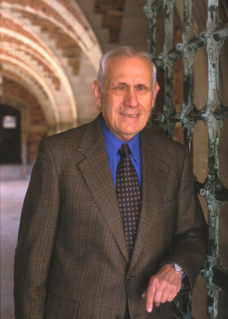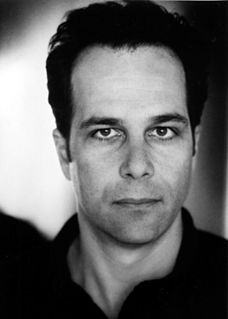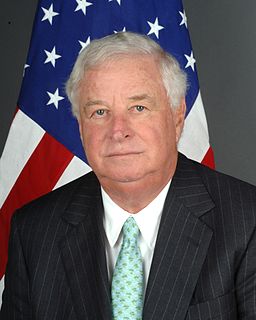A Quote by Donald Kagan
War has been more common than peace, and extended periods of peace have been rare in a world divided into multiple states
Related Quotes
I'm not pro-war. But I think war has been the dominant condition of humankind, and peace has been the anomaly - certainly sustained periods of peace that profit great masses of people - and I think war has worked, even awful hellish wars: worked to staunch fascist aggression in Europe, worked to preserve the Union after secession in the United States, etc. Not always, maybe not often, but to say never is to reject history in favor of a wishful unreality.
With all of the history of war, and the human race's history unfortunately has been a good deal more war than peace, with nuclear weapons distributed all through the world, and available, and the strong reluctance of any people to accept defeat, I see the possibility in the 1970's of the President of the United States having to face a world in which 15 or 20 or 25 nations may have these weapons.
The twentieth century had dispensed with the formal declaration of war and introduced the fifth column, sabotage, cold war, and war by proxy, but that was only the begining. Summit meetings for disarmament pursued mutual understanding and a balance of power but were also held to learn the strengths and weaknesses of the enemy. The world of the war-or-peace alternative became a world in which war was peace and peace war.
The United States, as the world knows, will never start a war. We do not want a war. We do not now expect a war. This generation of Americans has already had enough - more than enough - of war and hate and oppression. We shall be prepared if others wish it. We shall be alert to try to stop it. But we shall also do our part to build a world of peace where the weak are safe and the strong are just. We are not helpless before that task or hopeless of its success. Confident and unafraid, we labor on - not toward a strategy of annihilation but toward a strategy of peace.
The followers of Christ have been called to peace. . . . And they must not only have peace but make it. And to that end they renounce all violence and tumult. In the cause of Christ nothing is to be gained by such methods . . . . His disciples keep the peace by choosing to endure suffering themselves rather than inflict it on others. They maintain fellowship where others would break it off. They renounce hatred and wrong. In so doing they overcome evil with good, and establish the peace of God in the midst of a world of war and hate.
We can work on inner peace and world peace at the same time. On one hand, people have found inner peace by losing themselves in a cause larger than themselves, like the cause of world peace, because finding inner peace means coming from the self-centered life into the life centered in the good of the whole. On the other hand, one of the ways of working for world peace is to work for more inner peace, because world peace will never be stable until enough of us find inner peace to stabilize it.
Perhaps peace is not, after all, something you work for, or 'fight for.' It is indeed 'fighting for peace' that starts all the wars. What, after all, are the pretexts of all these Cold War crises, but 'fighting for peace?' Peace is something you have or do not have. If you are yourself at peace, then there is at least some peace in the world. Then share your peace with everyone, and everyone will be at peace.
Unless and until we have peace deep within us, we can never hope to have peace in the outer world. You and I create the world by the vibrations that we offer to it. If we can invoke peace and then offer it to somebody else, we will see how peace expands from one to two persons, and gradually to the world at large. Peace will come about in the world from the perfection of individuals. If you have peace, I have peace, he has peace, and she has peace, then automatically universal peace will dawn.
In some ways, Israel has achieved a peace. There are fewer rockets being sent into Sderot, there are no rockets to speak of from the North, there has been very little terrorism from the West Bank. It's a kind of peace. I hope for a better and more enduring peace. Peace is not an endgame; we will never be completely at peace.







































